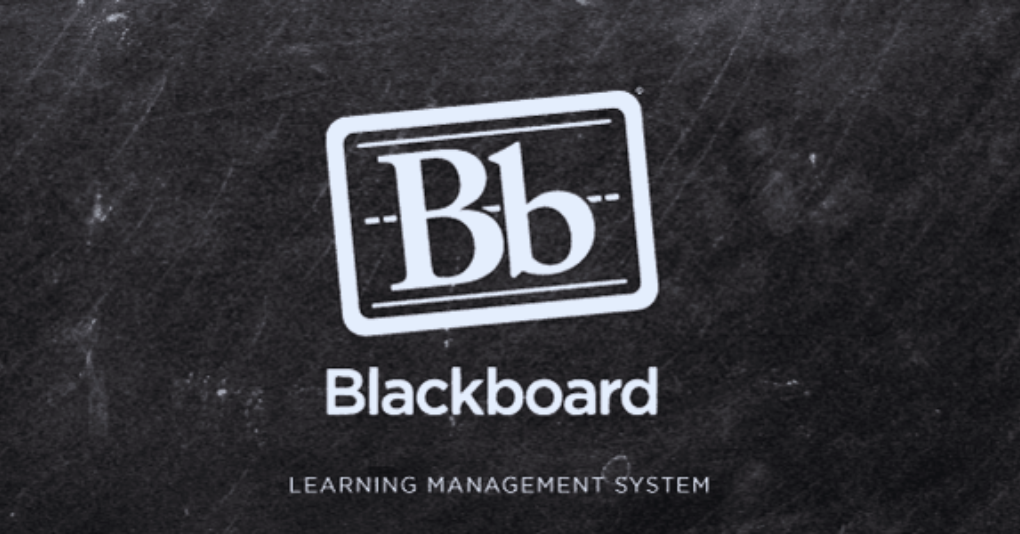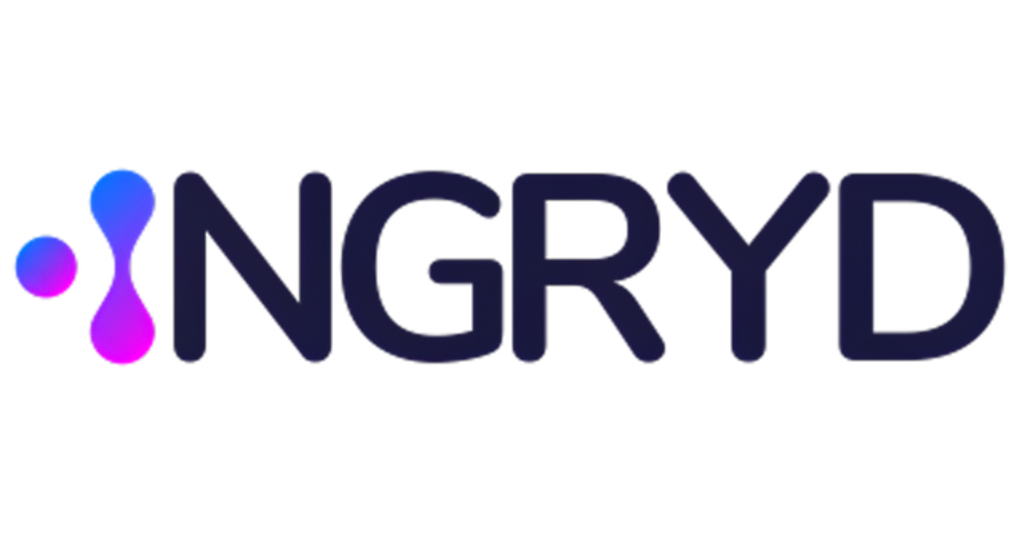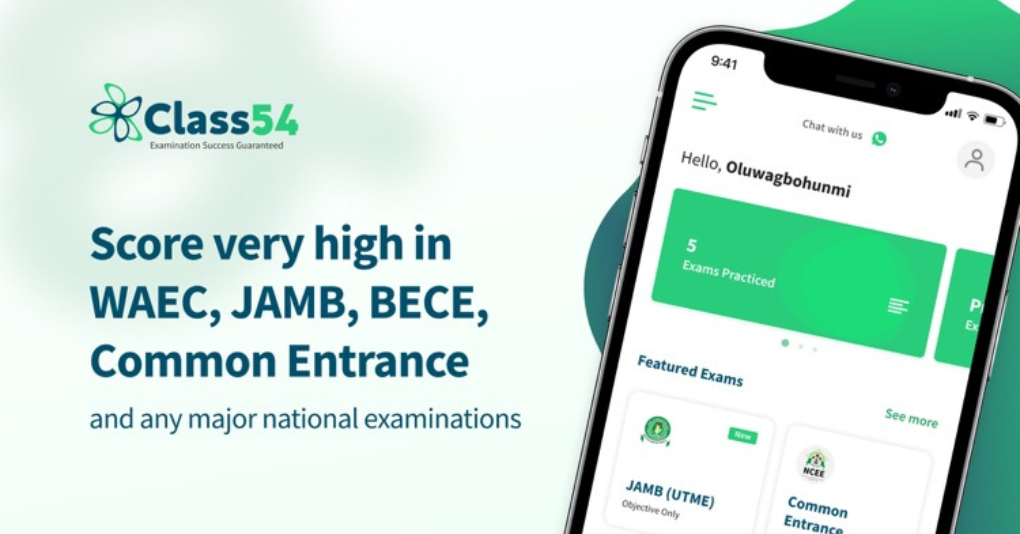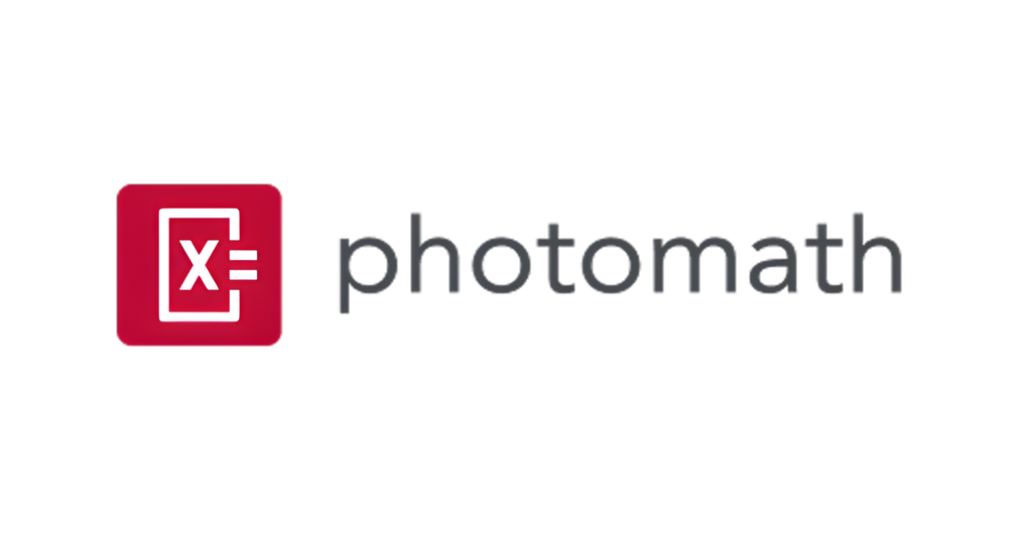A flexible, collaborative, and data-driven platform that’s reshaping modern education
In today’s world, education has moved far beyond the traditional four walls of a classroom. With technology reshaping how we connect, share, and grow, Learning Management Systems (LMS) have become the backbone of modern education. One platform that stands out among the rest is Blackboard LMS—a trusted tool used by schools, universities, and even businesses across the globe.
So, what makes Blackboard so impactful? At its core, it provides a central hub for teaching and learning. Instructors can upload course materials, create assignments, and design interactive quizzes all in one place. No more chasing down handouts or trying to remember deadlines scribbled in a notebook—everything is neatly organized and accessible online. For students, this means learning can happen anytime, anywhere, whether on a laptop at home or through the Blackboard mobile app while on the go.
One of the platform’s biggest strengths is its focus on collaboration. Blackboard offers tools like discussion boards, group projects, and video integrations that keep students engaged beyond just reading or watching lectures. It creates a sense of community, even in virtual or blended learning environments. Students can ask questions, share insights, and work together—just as they would in a physical classroom, but with the added flexibility of digital access.
Blackboard also shines when it comes to feedback and progress tracking. Instructors can grade assignments, leave detailed comments, and track participation in real-time. Students, in turn, gain clarity on their performance and know exactly where they stand, helping them take ownership of their learning journey.
For institutions, Blackboard offers robust analytics and reporting tools. Administrators can monitor how courses are performing, which resources students are using most, and where improvements might be needed. This data-driven approach ensures that the learning experience continues to evolve and improve.
But perhaps the most powerful aspect of Blackboard LMS is its flexibility. It integrates seamlessly with tools like Zoom, Microsoft Teams, and Google Drive, making it easier for educators to bring in resources they already love. Whether it’s a live virtual class, a recorded lecture, or a collaborative project, Blackboard adapts to support diverse teaching and learning needs.
In short, Blackboard LMS has become more than just a platform—it’s a bridge between educators and learners. It empowers teachers to deliver content creatively and gives students the freedom to learn at their own pace. In a world where learning must be accessible, engaging, and future-ready, Blackboard continues to be a key player driving education forward.
Share this post





Be the first to comment on this post